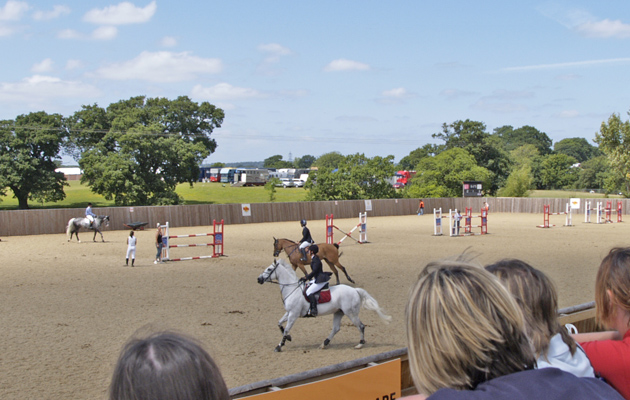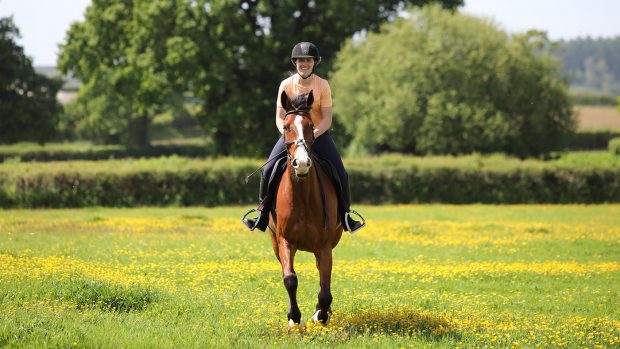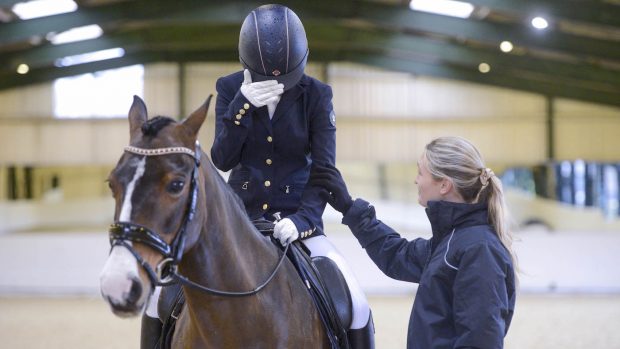Read more about rider psychology
Life is dangerous – you could be hit by the proverbial bus – but riders choose to risk theirs flying across a field on the back of a horse, eventing, team chasing or on the hunting field.
Why on earth? What motivates riders, even those who have experienced serious injuries or witnessed fatalities, to keep going? And what can the risk-averse learn from their rationale?
Sports psychologist Charlie Unwin, who has worked with riders from novice to Olympic level, including Sharon Hunt, explains: “Riding across country, endorphins and adrenalin produce an exhilarating high.
Your heart speeds up and breathing quickens as you approach a peak of excitement, after which comes a feeling of intense relaxation – normally experienced galloping through the finish.”
It is this that keeps many riders “addicted” to the sport.
“It’s your body’s own reward system for achieving something difficult and you want to repeat it,” adds Charlie.
“When under perceived stress, your body releases adrenalin, a hormone that pumps you up,” says sports coach Danielle Olding.
“Your heart rate will increase and more oxygen will be sent to your heart and lungs. It’s designed to heighten your senses.”
Sports psychologist Charlie Unwin adds: “The difference between someone who is scared and someone who is excited is how they interpret the same physical responses, such as raised heart rate and trembling.”
Danielle says something as simple as controlling your language and replacing the word “nervous” with “excited” can make the brain draw upon positive images.
“If you don’t say the word, you can convince your brain you’re not feeling it,” she says.
To read the full feature on adrenalin junkies see the current issue of H&H (5 January 2012)
Do you want to know more about rider psychology?




